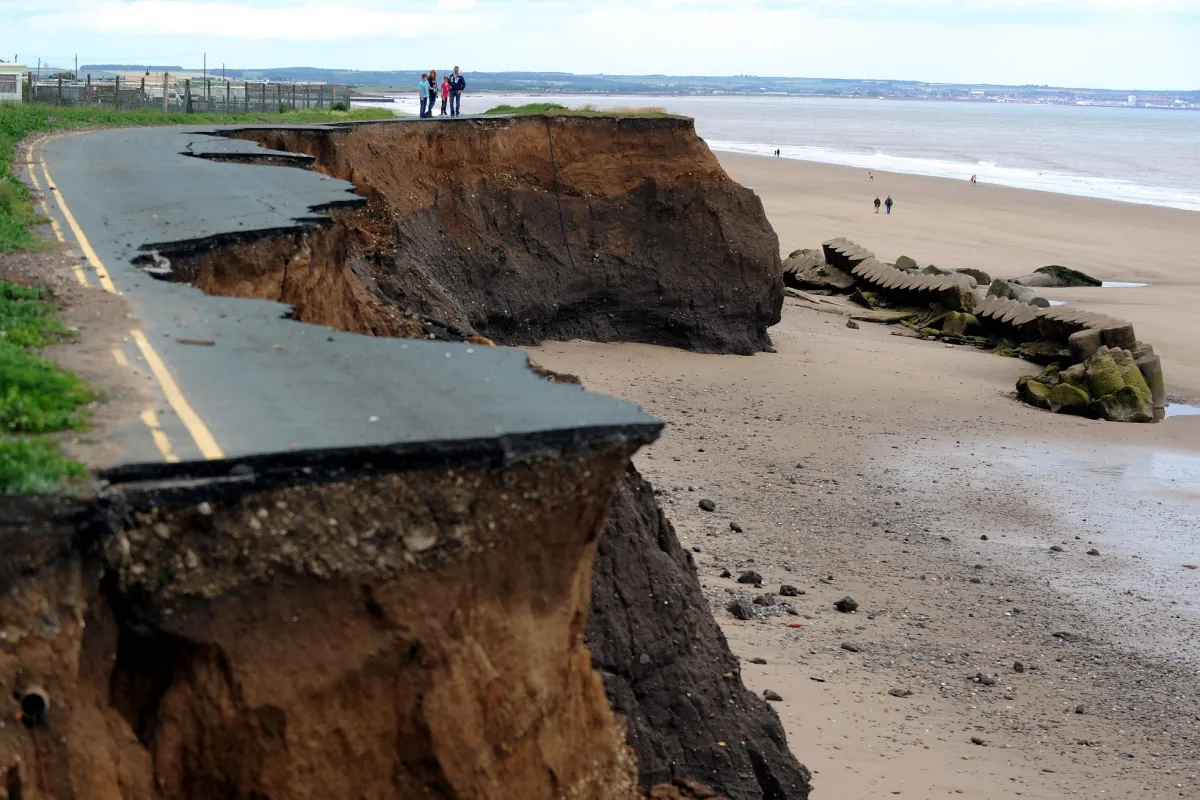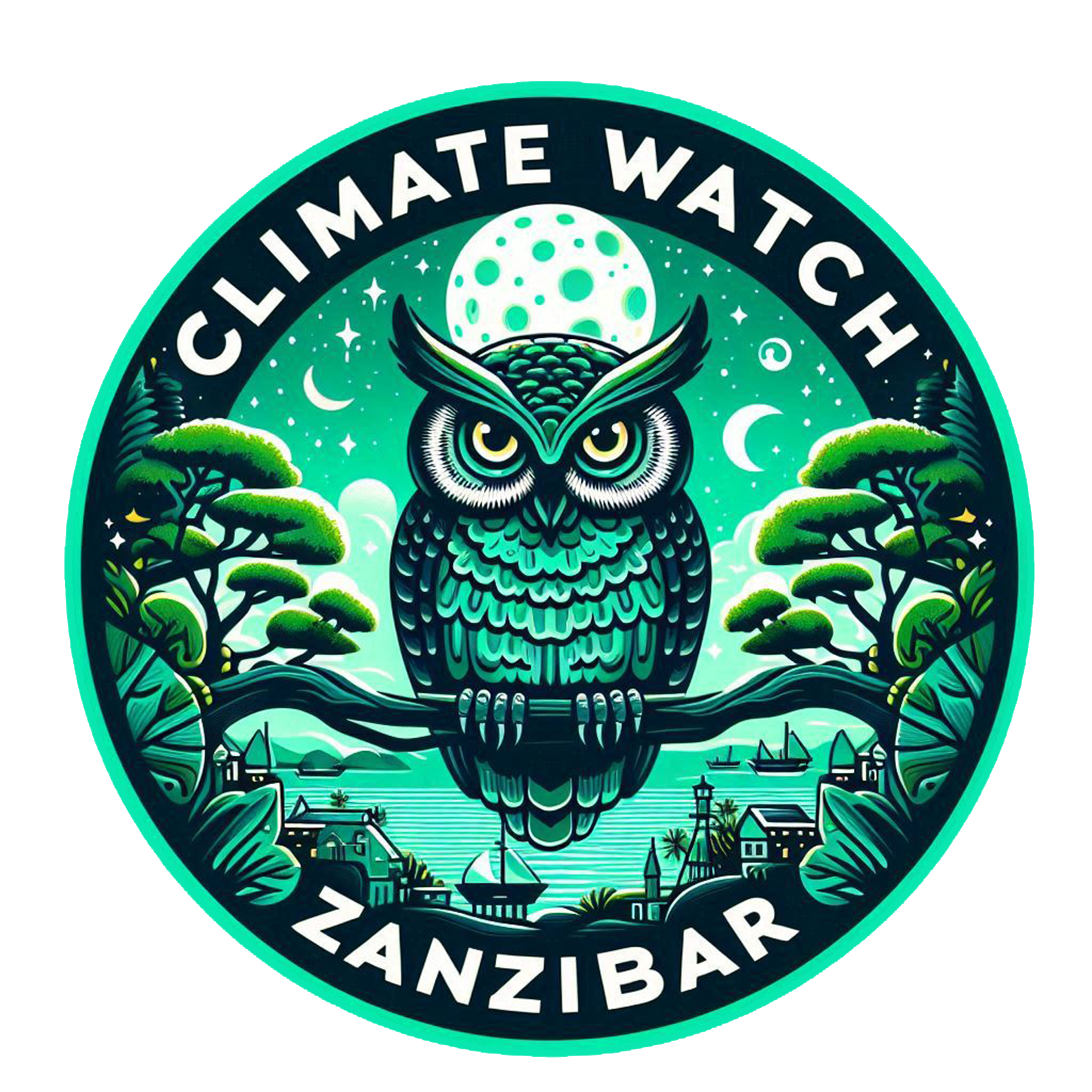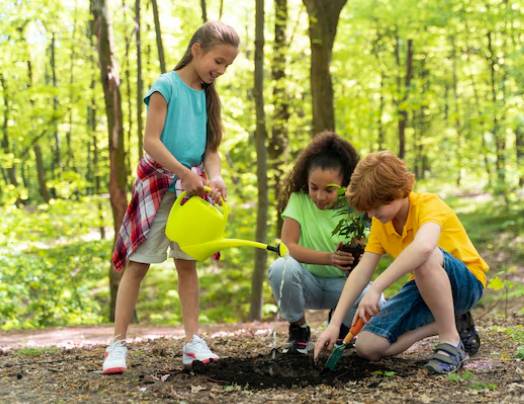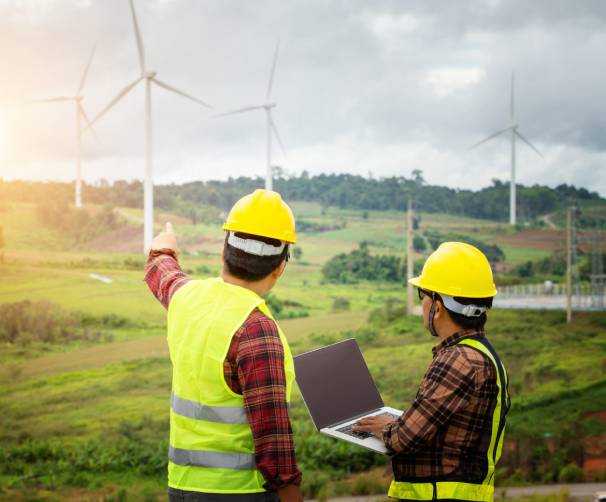
Sea Level Rise in Zanzibar
Causes:
- Global warming leads to the melting of polar ice caps and thermal expansion of seawater.
- Zanzibar’s coastal elevation is generally low, making it more sensitive to small increases in sea level.
Observed and Projected Trends:
- Historical data shows a rise of approximately 2–4 mm/year, consistent with global averages.
- Projections suggest sea levels could rise by up to 1 meter by 2100 if global emissions are not curtailed.
Impacts:
- Flooding of coastal areas: Especially during high tides and storm surges.
- Salinization of freshwater: Intrusion of saltwater into coastal aquifers and agricultural land.
- Damage to infrastructure: Roads, buildings, and ports are at risk.
- Displacement of communities: Especially in low-lying areas like Stone Town and Nungwi.
Coastal Erosion in Zanzibar
01
Causes:
- Natural processes: Wave action, currents, and tides.
- Human activities: Sand mining, deforestation of mangroves, and construction close to shorelines.
- Sea level rise: Accelerates erosion by allowing waves to reach further inland.
02
Affected Areas:
- Nungwi and Kendwa (North Unguja): Erosion affects beaches and tourism facilities.
- Jambiani, Paje, Bwejuu, Michamvi (East Coast beaches): Particularly vulnerable due to high energy waves and coral reef degradation.
- Stone Town (West Unguja): Some historic sites face coastal degradation.
01
Consequences:
- Loss of beaches: Impacts tourism, a major economic sector.
- Threats to biodiversity: Especially marine habitats like coral reefs and mangroves.
- Damage to livelihoods: Fishers and farmers face declining productivity.
Mitigation and Adaptation Strategies
01
Government and NGO Initiatives:
- Coastal zone management: Establishing setbacks for construction.
- Mangrove reforestation: Natural buffer against erosion and storm surges.
- Beach nourishment and sea walls: Short-term erosion control.
- Community education and resilience-building.
02
Policy Frameworks:
- Zanzibar is aligned with Tanzania’s National Adaptation Programmes of Action (NAPA).
- Participation in international climate resilience programs, such as those funded by the UNDP and the Green Climate Fund.





